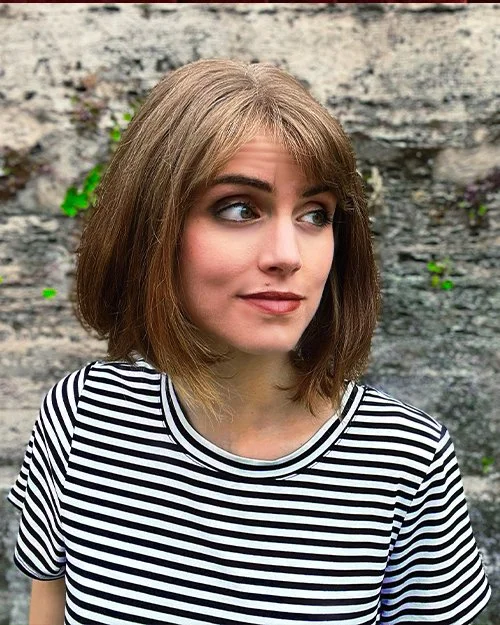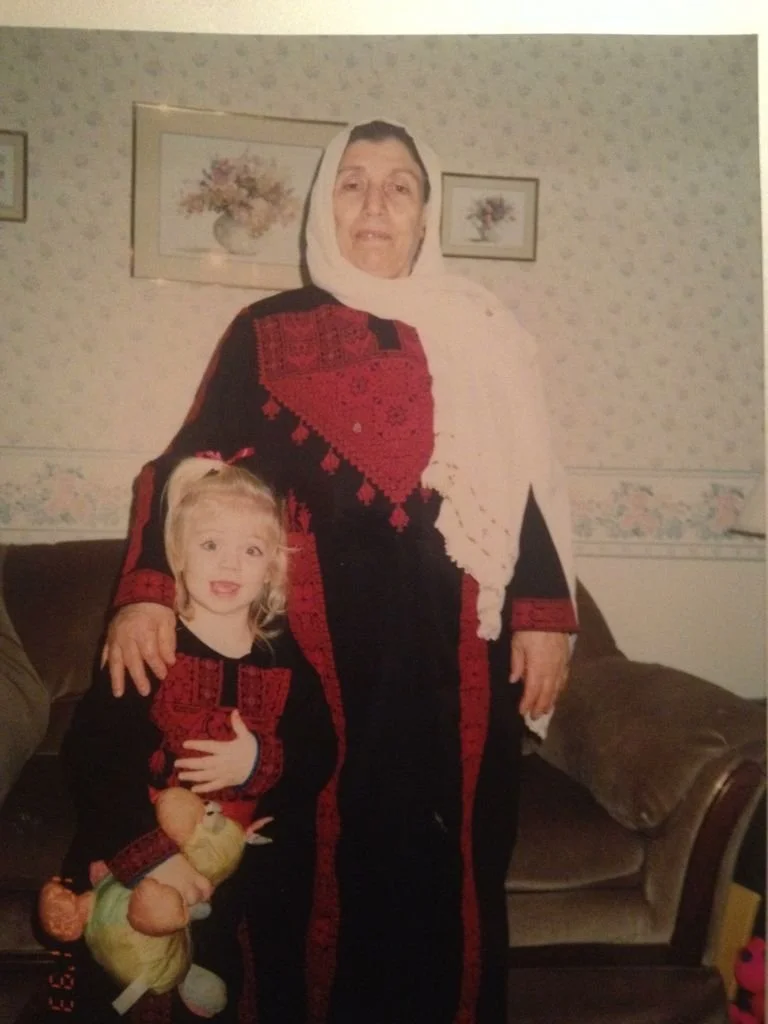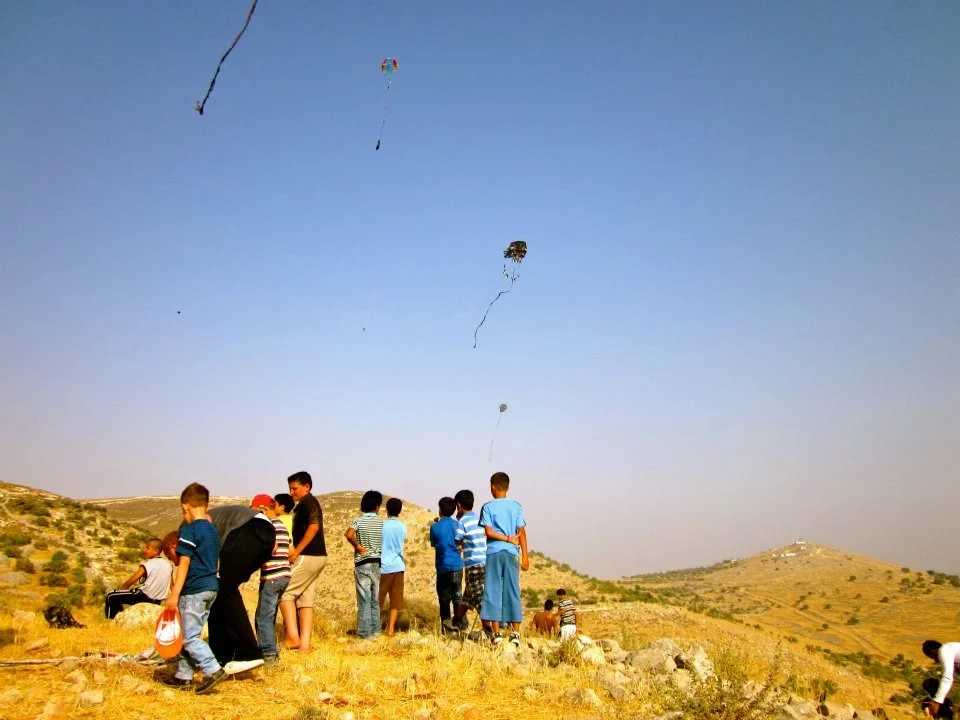Literature Grant
2022 Summer Grantee
Sarah Aziza
Sarah Aziza - Author
The Café Royal Cultural Foundation NYC has awarded a 2022 Summer Literature Visual Grant to Sarah Aziza for her upcoming book, tentatively titled The Hollow Half.
Sarah Aziza is a Palestinian American writer and translator who splits her time between New York City and the Middle East. Previously a Fulbright fellow in Jordan, she is a current fellow at the Sachs Program for Arts Innovation and a 2022 resident at Tin House Writer’s Workshop. She’s the recipient of three overseas Foreign Language Fellowships for advanced Arabic study and translation from the Department of Education and numerous Pulitzer Center grants for Middle East reportage. Her journalism, essays, poetry, and experimental nonfiction have appeared in The New Yorker, Harper’s, The New York Times, Lux Magazine, The Baffler, NPR, The Washington Post, The Rumpus, The Nation, and others.
Author at age 2 with grandmother, Horea
In her work, Aziza proudly draws from her refugee and diasporic roots to create art from a position of marginality, queerness, and partiality. She draws on a variety of forms, including personal and family history, post-colonial and feminist studies, archival documents, pop culture, and transnationalism to examine the ways legibility is granted or withheld. She aims to create work that simultaneously uplifts marginalized stories while questioning the ways narration can be used to oppress and silence. She recalls Adania Shibli who says that “the classical linear narrative structure is a dictatorship.” Aziza asks: how might we proliferate forms of language and being in the world, while cultivating a productive mistrust of authorship itself?
Aziza’s book, tentatively titled The Hollow Half is grounded in vivid, first-person story which combines memoir, oral history, archival research and speculative non-fiction to reclaim lost histories and imagine possible futures. From her grandparents’ childhood under British rule in Palestine to Aziza’s own life split between the Midwest and the Middle East, The Hollow Half explores the way the American Dream and the War on Terror entwine with long-standing legacies of colonialism and misogyny. Aziza examines the effects of these vast forces on individual bodies through the narrative weaving of her grandmother’s journey as a war refugee with her own experiences of diaspora, trauma and recovery.
Children fly kites in the Occupied West Bank
"We tell ourselves stories in order to live,” goes the famous quote. But Aziza asks, what to make of the stories that have been told to us, that have told us who we are? How do we trace the contours the stories imposed by nations, cultures, or families, narratives so large their seams seldom show? In what ways did the silences in personal stories echo historical erasures? As Carmen Maria Machado, recalling Sayida Hartman, writes, “the word archive comes from the ancient Greek arkheion, ‘the house of the ruler.’…What is placed in or left out of the archive is a political act.” The Hollow Half imagines alternate archives as a path to reclaiming power. Blending languages, forms, and genres, Aziza complicates dominant narratives even as she searches for new language of healing and home.
Please visit Sarah’s website, Twitter and Instagram for more information.



